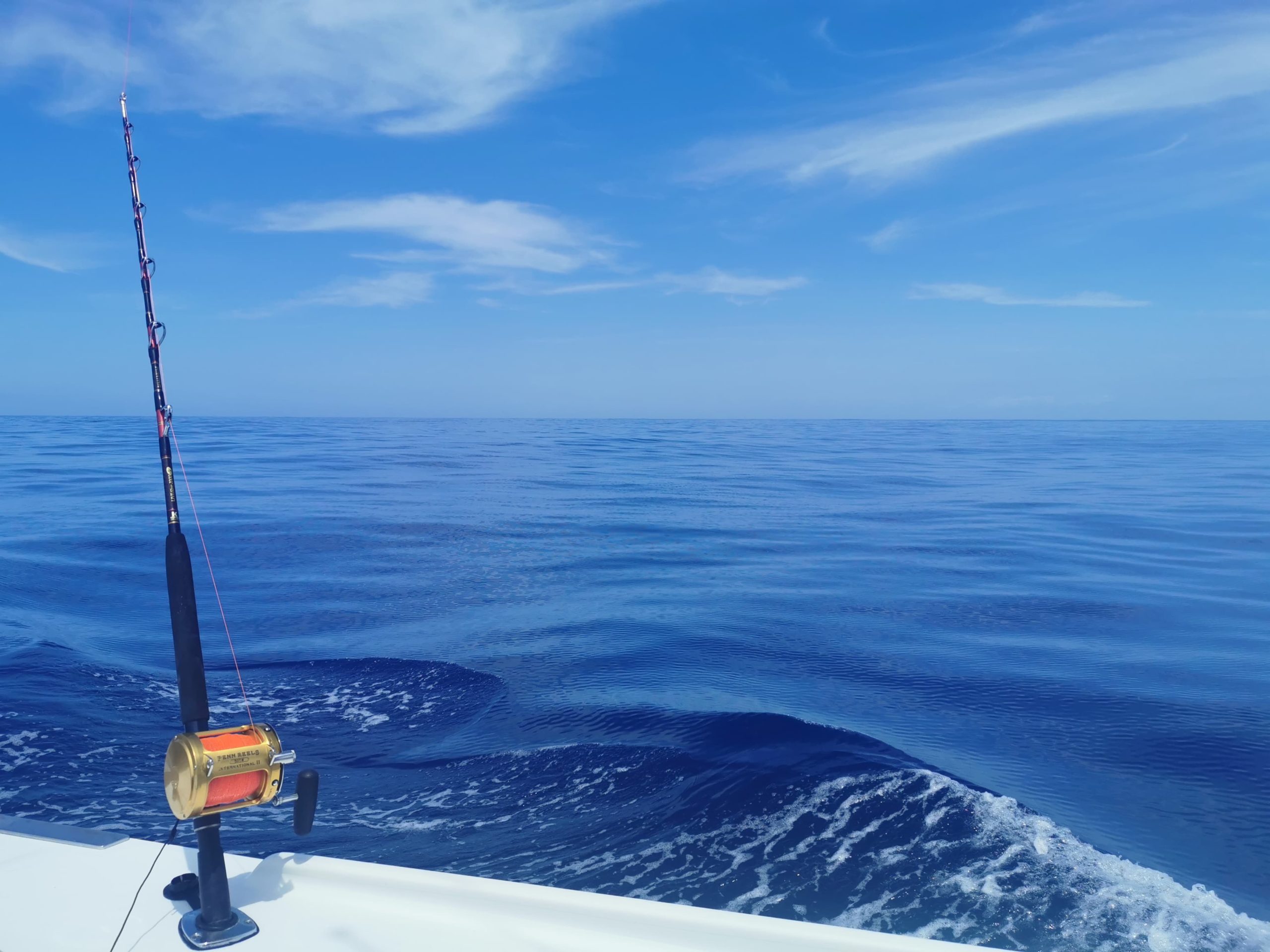Recreational Fishing FAQs
All FAQs |
Customary Fisheries | Fisheries Management | maximum sustainable yield | QMS | Economics | Fishing | Rescue Fish | Environment | Fishing methods | Recreational Fishing | Fishcare | customary | Kahawai | Reform scam | Baitfish
August 23, 2018
In 2014 the Ministry for Primary Industries answered a range of questions relating to the charter boat reporting scheme. In this document they discuss what species must have their catch reported, why those species were chosen and what areas those reporting requirements apply to. We do not have an updated copy of questions and answers ... Read more.
May 22, 2020
Recreational fishers harvest around 10,000 tonnes of finfish and shellfish nationwide every year. In shared fisheries targeted by commercial and non-commercial fishers, recreational harvest is estimated to be around 19% of all catch. Shared fisheries tend to be inshore species that more accessible to the public.
May 22, 2020
Rescue Fish will benefit recreational fishing interests through more abundant fish stocks and a healthier marine environment. Rebuilding depleted fish stocks will make more fish available inshore, and help to support other marine creatures including birds and mammals. A healthy fish population means a broader range of fish inhabiting the marine environment, providing for ecosystem ... Read more.
May 22, 2020
The recreational fishing industry contributes a significant amount of money to the New Zealand economy, which in turn supports fisheries management and other government services. Research by the New Zealand Marine Research Foundation in 2016 found that $946 million was spent annually on recreational fishing. This spending generated $1.7 billion dollars in economic activity nationwide ... Read more.
May 22, 2020
Fishing is a way of life for many Kiwis. It contributes to the mental well-being of individuals, families and communities. It provides for social occasions that enhance the bonds between individuals, their families and community. Recreational fishing also provides educational opportunities as a teaching space for safety on the water, weather awareness, food gathering, cooking, ... Read more.
May 22, 2020
The New Zealand Sport Fishing Council is an incorporated society established in 1959. The Council has 55 clubs with 36,200 affiliated members nationwide. A key role of the Council is to advocate for responsible and sustainable management of New Zealand’s marine resources. To achieve its goals the Council funds education initiatives, commissions and funds relevant ... Read more.
May 22, 2020
LegaSea is a group of passionate New Zealanders striving to protect and restore the marine environment for the benefit of all New Zealanders. LegaSea is a subsidiary of the New Zealand Sport Fishing Council. LegaSea was established in 2012 to promote public awareness of the issues facing New Zealand’s marine environment, and to give people ... Read more.

